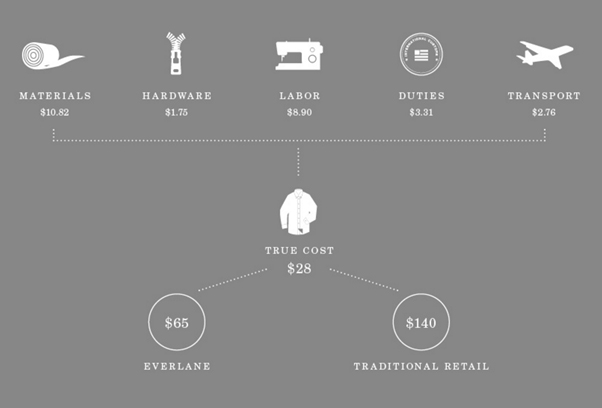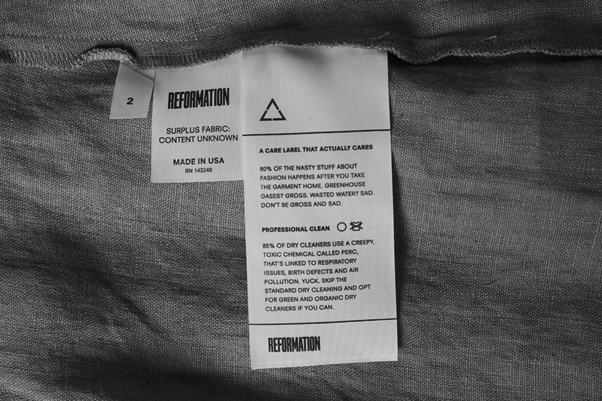
To celebrate Responsible Business Week we will be posting a series of blogs on this topic. In this post, Professor of Marketing Isabelle Szmigin looks into how brands can effectively present themselves in an ever more complex political climate.
The last month has seen two major companies attacked for the presentation of their brand values. Cadbury, and by extension the National Trust, suffered from apparently not fully engaging with the religious aspect of tradition by omitting Easter from the headlines of their ads. Meanwhile Pepsi had to withdraw its now infamous ad for implying that a soft drink and a dose of celebrity could somehow counter global injustice. This was then compounded by apologising to the celebrity, Kendall Jenner, doubtless highly paid for the ad, rather than their consumers for subjecting us to this nonsense.
While I am still amazed that somewhere along the many levels of sign off at Pepsi no one questioned the wisdom of spending millions of dollars on a sure-fire disaster, it does raise the question of how do brands present themselves in an increasingly problematic political world.
New consumerism
A report last year from Euromonitor suggested a refocus on the consumer with the idea of ‘new consumerism’ which is ‘about consumers reassessing their priorities and increasingly asking themselves what they truly value’. This suggests that for some at least, a more conscious consumption replaces conspicuous consumption. This does not mean that high end brands aren’t still popular, but that increasingly customers will look for what the brand stands for and see whether it ties in with their own values. There is nothing particularly new about this and I would suggest that rather than over-focusing on the consumer, we need to turn the tables back onto the brands and say what is needed is more conscious marketing.
Understanding what customers care about
To do this brands need to understand better what consumers care about with regards to the purchasing of products rather than broader political and social problems (while not forgetting that these may be connected to the production and marketing of goods) and find ways to engage authentically. Here are a couple of areas to consider with thanks to businessoffashion.com. Firstly transparency – be clear and consistent regarding your approach to environmental issues, working conditions and your supply chain. Some companies have taken the transparency concept even further by showing the breakdown of costs of their goods and how the final price is derived. US clothing company Everlane shares a breakdown of how much its products cost to manufacture through an easy to understand illustration.

Their focus on production does not end there, as their website presents details of their factories from Los Angeles to Italy and Scotland to China.
Another US based clothing company Reformation focuses on sustainability both before and after you buy their clothes with careful advice about how to reduce your carbon footprint through appropriate washing and dry cleaning.

Rather than presenting an illusion of responsibility through a nonspecific political awareness using celebrities not known for their ‘Woke’ or social awareness, companies like Reformation and Everlane are engaging in a dialogue, potentially a more honest and fulfilling brand experience for them and their customers.
Isabelle Szmigin is a Professor of Marketing, Deputy Dean and Director of Research and Knowledge Transfer at Birmingham Business School. She can be reached at i.t.szmigin@bham.ac.uk. Follow Isabelle on Twitter at @IsabelleSzmigin.
More about Responsible Business Week
Get engaged with the brighter side of business by downloading the guide to Responsible Business Week and following the conversation on Twitter via #RBweek.
